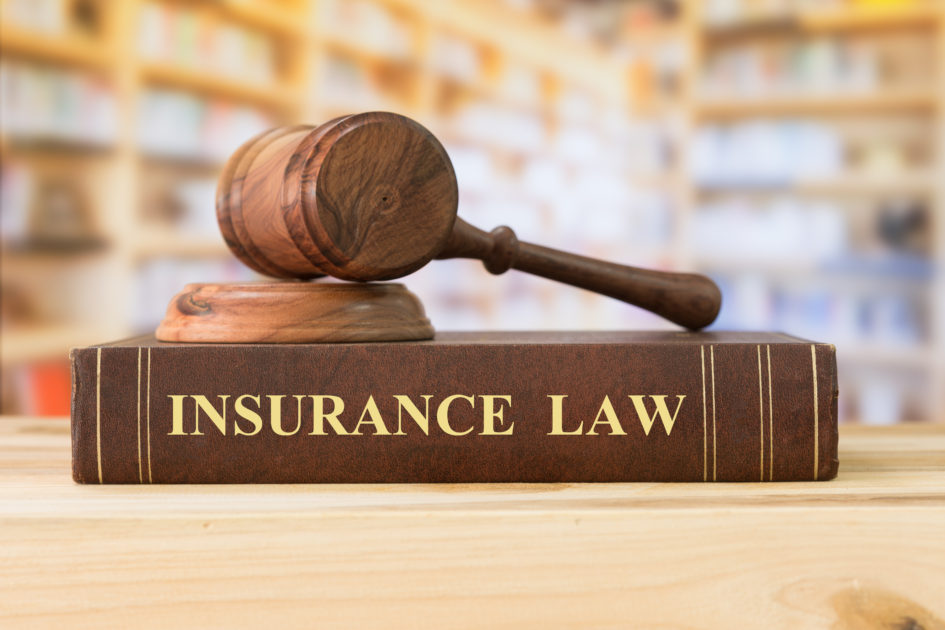In Dominick’s Finer Foods v. Indiana Insurance Company, et al., 2018 IL App (1st) 161864, an Illinois Appellate Court held a grocery store was entitled to additional insured coverage for a shooting incident under an endorsement covering damage that arose out of the premises. The court reasoned that an additional insured’s liability can “arise out of the premises” within the meaning of an additional insured endorsement even when no “defect” is alleged. The court held that the insurer, which had denied coverage, was not liable for bad faith.
In Dominick’s Finer Foods, a woman was killed and a man was injured in a shooting in the parking lot of a Dominick’s grocery store. The deceased woman’s estate and the injured man filed a lawsuit against Dominick’s and the property owner. The property owner’s liability policy provided additional insured coverage to Dominick’s for “liability arising out of . . . [p]remises or facilities owned or used by [the property owner].” Dominick’s tendered its defense to the property owner’s insurer as an additional insured, but was denied coverage. Dominick’s settled the underlying claims and then sued the property owner’s insurer for defense, indemnity, and statutory damages under Illinois’ bad faith statute. The trial court held that the insurer did not owe additional insured coverage Dominick’s and that Dominick’s was not entitled to statutory damages under Illinois’ bad faith statute. Dominick’s appealed.
The appellate court focused its analysis on the interpretation of the language “liability arising out of . . . premises or facilities owned or used by [the property owner].” Dominick’s argued its liability arose out of the premises because the underlying plaintiffs alleged that the grocery store had a duty to ensure the safety of the parking lot premises where the shooting occurred, and that the death and injury occurred as a result of the breach of that duty. The insurer argued that for Dominick’s liability to arise out of the property owner’s premises, the injury must have occurred due to some defect in the premises. The insurer argued that the underlying plaintiffs were injured in a shooting, not because of a defect in the premises.
The appellate court held that the insurer’s reading of the policy language was “not an unreasonable interpretation,” but that Dominick’s interpretation was also reasonable, therefore under Illinois law, it was required to accept the reasonable interpretation that favored coverage. The appellate court further noted Illinois case law does not require a defect in the premises before a suit can be interpreted as alleging “liability arising out of the premises.”
Regarding the bad faith claim, the appellate court declined to reverse summary judgment in favor the insurer. The court explained that “[w]here there is a bona fide dispute concerning coverage, the assessment of costs and statutory sanctions is inappropriate, even if the court later rejects the insurer’s position.” The court noted there is a difference between “disagreeing with a party’s position and finding that position untenable as to be unreasonable and evidence of bad faith.”
Insureds and insurers alike should be cognizant the appellate court’s rejection a narrow interpretation of “liability arising out of the premises.” A duty to defend may be triggered even when the alleged injuries or claims do not involve the traditional “premises defect” scenario. Likewise, both insurers and insureds should note that damages under Illinois’ bad faith statute are not automatic even when an insurer is ultimately found to owe benefits to its insured. An insurer may, in good faith, entertain a difference of opinion regarding policy coverage and such a difference of opinion is not vexatious or unreasonable simply because judgment was later adverse to the insurer.
